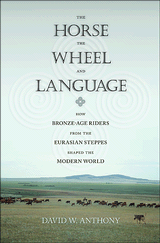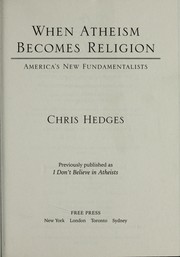- 23 Apr 2017 17:14
#14799593
I'm currently reading Postcapitalism by Paul Mason. It's accessible and readable and discusses long waves and the declining profit rate due to the abundance of reproduction of information that the internet allows. Apparently Marx discussed this in a notebook that was lost for a century but didn't pursue the thought because it wasn't relevant to the times in which he lived. It's called the fragment on machines if you want to look it up.
I just finished Special by Bella Bathurst about a group of teen girls on a school trip. The writing's great and very immersive but the story is told as a series of anecdotes and vignettes so it feels a bit choppy at times and developments that should be significant plot points lose their gravity somewhat. I'll definitely keep an eye out for this author in the future.
I just finished Special by Bella Bathurst about a group of teen girls on a school trip. The writing's great and very immersive but the story is told as a series of anecdotes and vignettes so it feels a bit choppy at times and developments that should be significant plot points lose their gravity somewhat. I'll definitely keep an eye out for this author in the future.
Pro life in the womb
Pro gun in the classroom
Pro gun in the classroom



























 - By wat0n
- By wat0n